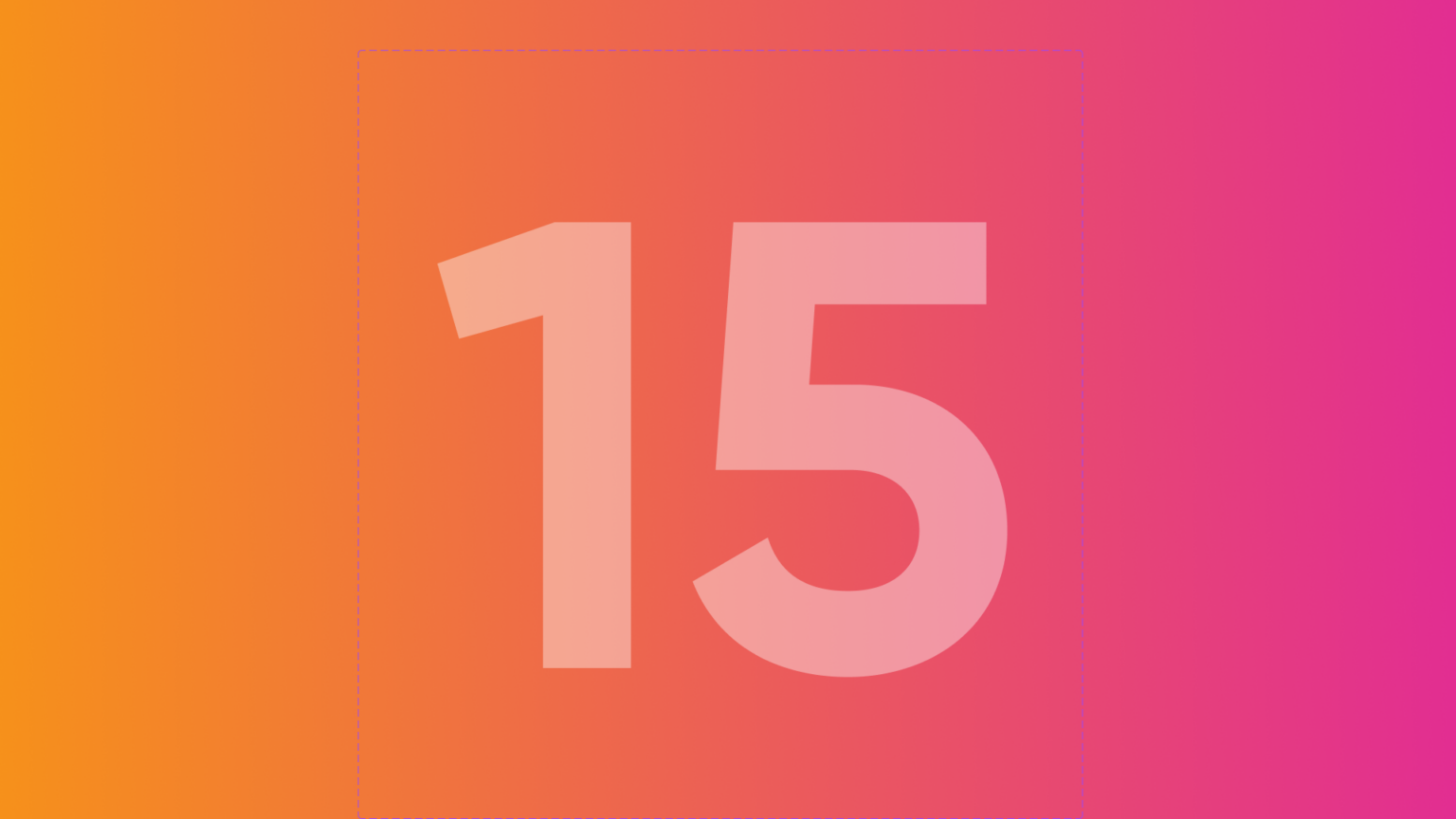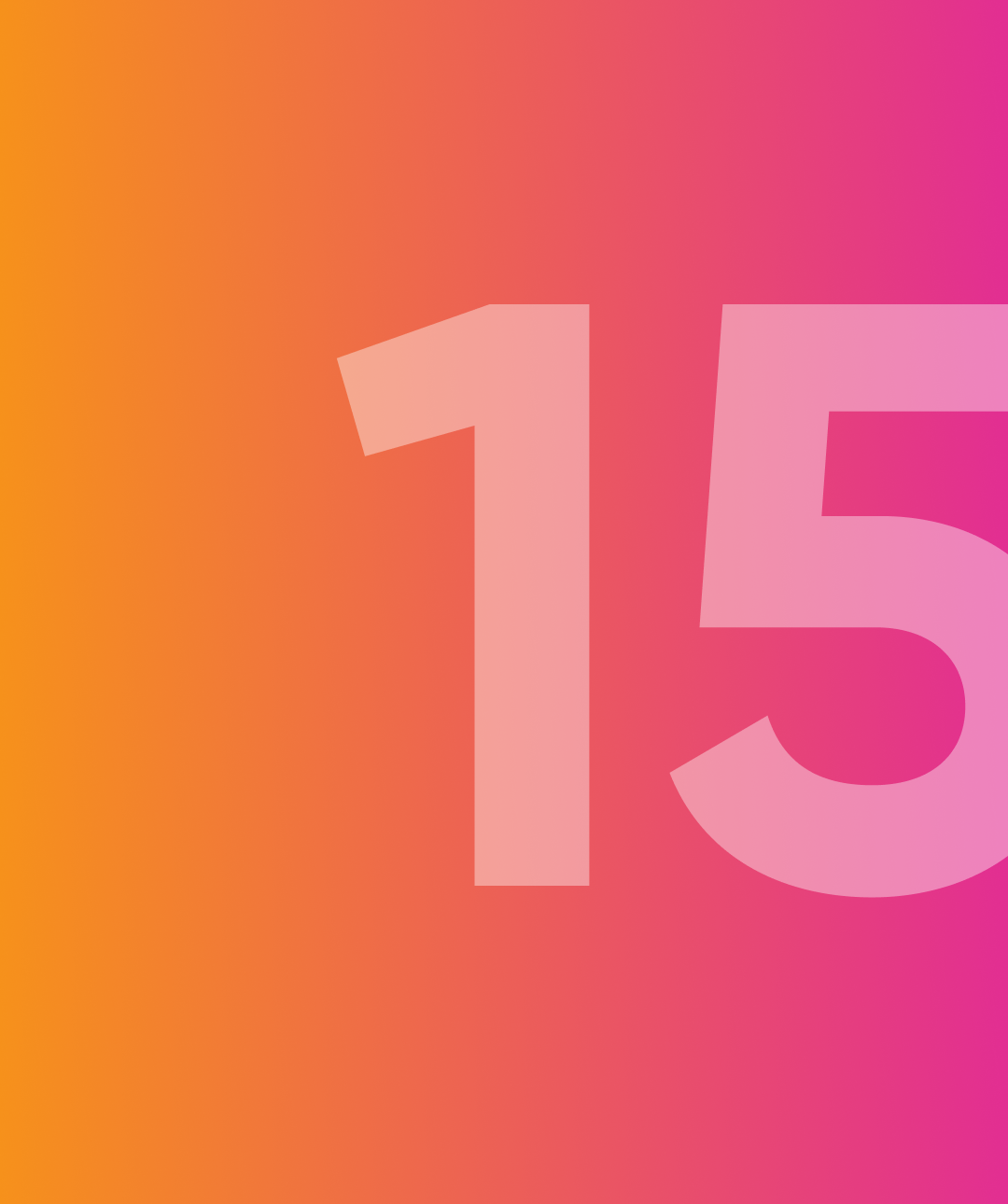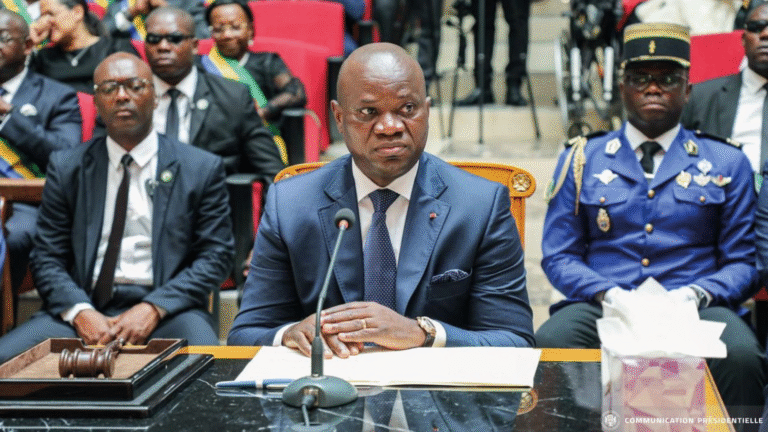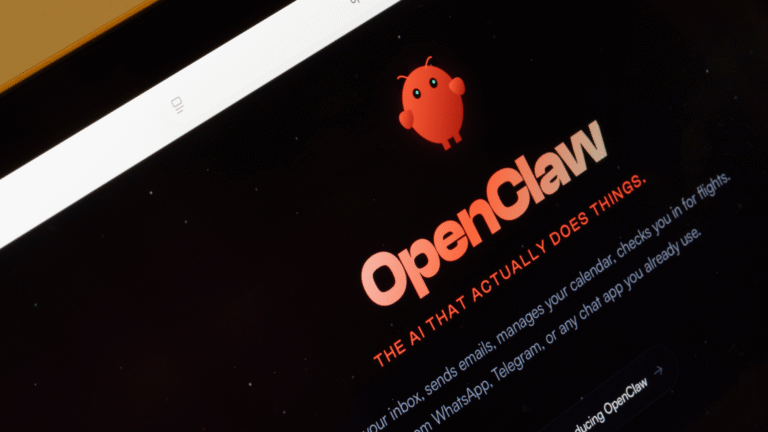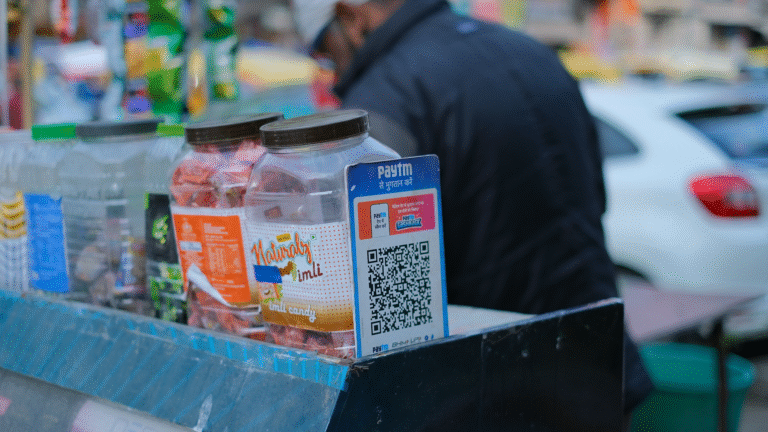The Financial Freedom Report is a newsletter focusing on the role currency and banking play in the civil liberties and human rights struggles of those living under authoritarian regimes. We also spotlight new tools and applications that can help individuals protect their financial freedom.
Good morning, readers,
This past week, BRICS — an intergovernmental organization led by the Russian and Chinese dictatorships — explored the development of an independent payment system that aims to use digital currencies and potentially central bank digital currencies. Meanwhile, in Beijing, facial recognition systems flagged a journalist as a threat for merely talking about the Chinese economy in a negative light, and in Moscow, HRF Chairman Garry Kasparov was placed on a financial blacklist for his human rights advocacy.
In other news, software developers continue pushing the edge of innovation around self-sovereignty solutions. Nonprofits can now integrate bitcoin invoicing and payments into their administrative systems, and this week saw the launch of the first-ever mobile-native hardware wallet.
On the content side, The Economist put a spotlight on Bitcoin mining in Africa, and we conclude with a podcast episode on how bitcoin will cause problems for dictators and can strengthen democracies. We highly recommend you check out the episode, especially if you’re a human rights advocate.
As always, there’s so much to cover, so let’s go right in!

BRICS | Exploring New Payment System
BRICS — an intergovernmental economic organization led by the Chinese, Russian, and Saudi dictatorships and including Brazil, India, South Africa, Egypt, Iran, Ethiopia, and the United Arab Emirates — is exploring the development of a payment system that will likely introduce central bank digital currencies. “We believe that creating an independent BRICS payment system is an important goal for the future,” Kremlin aide Yury Ushakov said, “which would be based on state-of-the-art tools such as digital technologies and blockchain.” Eight of the 10 BRICS countries are authoritarian regimes, and their own new digital payment system will only further increase financial surveillance, economic centralization, and censorship for the billions of individuals who live under their rule.
China | Facial Recognition Flags Journalist as Threat
During China’s annual parliamentary sitting, a journalist from Ming Pao newspaper was the victim of an alarming incident: facial recognition systems flagged her as a threat for discussing risks related to the Chinese economy. Specifically, she was questioned about owning Evergrande shares and visiting the Bureau of Letters and Calls, both of which she denied. Further investigation would later reveal a mistaken identity, leading to her release. This incident offers a window into China’s extensive use of facial recognition technologies to crack down on dissent. With a vast network of billions of cameras spanning the country, citizens are tracked in real-time, identified in large crowds, and shamed on public billboards; their money is frozen, their movement is restricted, and anyone who steps out of line is detained, or worse. At the same time, the Chinese Communist Party has been publishing less and less economic data over the last few years, ushering in a new age of opacity.
Garry Kasparov | Placed on Financial Blacklist
Following the murder of dissident Alexei Navalny, Russia’s financial watchdog has addedGarry Kasparov, a former world chess champion, renowned political activist, and chairman of the Human Rights Foundation, to its roster of “terrorists and extremists.” Kasparov declared this “an honor that says more about [Vladimir] Putin’s fascist regime than about me.” Perhaps this unfounded label comes from Kasparov’s history of pushing for democratic reform in Russia. In 2005, he founded the “United Civil Front,” a social movement opposed to Putin’s regime, and in 2007, he helped form “Other Russia,” a political opposition coalition dedicated to enacting political reform. Five years later, Kasparov was arrested outside a Moscow court and beaten by police before seeking refuge in the United States. Russia’s government is increasingly targeting human rights groups, independent media, and civil society groups, restricting these organizations from receiving donations and foreign funds as well as freezing their bank accounts.
The Economist | Feature on Bitcoin Mining in Africa
The Economist recently published an article detailing how Bitcoin mining tends to gravitate toward regions with cheaper, renewable energy sources. Africa, with thousands of gigawatts of untapped geothermal and hydropower, as well as massive amounts of wasted energy, has emerged as an appealing destination for Bitcoin miners seeking lower power costs and increased profits. The connection to freedom is twofold: first, without electricity, human rights aren’t attainable. There are 600 million Africans lacking electricity, but Bitcoin mining is beginning to bring some of them online today. Second, as Bitcoin mining accumulates on off-grid sites in Africa and beyond, it makes the network more decentralized and harder to stop. This article is definitely worth a share and a read.
Nigeria | State Arrest of Binance Employee
Nigerian authorities detained two Binance executives and seized their passports upon landing in the country. State forces are cracking down on cryptocurrency exchanges and their employees, whom they argue are destabilizing the economy. The executives could face allegations of currency manipulation, illegal operations, and tax evasion. In addition to the state arrests of Binance employees, Nigerian authorities are pressing for a list of Binance’s 10 million Nigerian users and demanding $10 billion in compensation from the company. Nigerians are witnessing the state cut off all exit ramps to its collapsing fiat system and take bold actions — like arbitrary detention — to ensure access to alternative currencies is restricted during an economic crisis. In reality, Bitcoin isn’t why the Nigerian economy is collapsing, but it is a way for people to escape.
Bitcoin | A Tool For Human Rights Activists
According to a new Forbes article, dictators wield their power by freezing or shutting down the bank accounts of people they don’t like or consider to be a threat to their rule, leading activists to adopt bitcoin. “Pro-democracy activists around the world sometimes rely on bitcoin as a money of last resort,” the author writes. One such example is activist (and Human Rights Foundation intern) Win Ko Ko Aung. In early 2021, Myanmar’s regime froze his bank accounts after he spoke out against the military junta and advocated for peaceful civil disobedience. “I [was put] on the wanted list [one] evening, and then the next day I could not access my bank account,” Aung said. He was able to flee the country with his Bitcoin holdings and sell some in Thailand to cover his expenses. This article highlights how, for Aung and countless other activists around the world, Bitcoin emerges as a lifeline that lets them operate, transact, and fundraise permissionlessly when they have been unbanked by dictators.
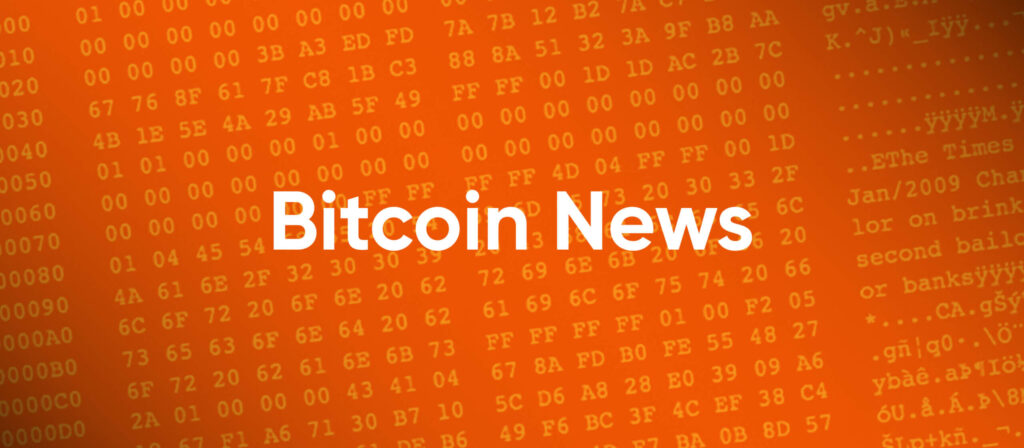
BTCPay Server | New Payroll Plugin
BTCPay Server, a self-hosted, open-source Bitcoin payment processor, rolled out a payroll plugin to its platform. “Perfect for anyone globally invoicing and paying people in Bitcoin. You can now skip emails and exchange rate calculations,” BTCPay contributor Rockstar Developer said. This addition eliminates the need for manual invoicing and exchange rate calculations, presenting them instead in a well-organized list featuring the amount, currency, destination, and payment status. A streamlined approach like this improves the ability to send and receive bitcoin for organizations and businesses alike. The plugin is also open source, allowing anyone to verify, contribute to, and tweak the project. HRF remains a proud supporter of BTCPayServer and the team’s efforts to help nonprofits accept and safely manage Bitcoin donations.
Mutiny Wallet | Available on iOS and Android
The self-custodial Bitcoin and Lightning wallet, Mutiny, has officially launched on iOS TestFlight and the Android app store. In a recent blog post, Mutiny said, “We built Mutiny to be unstoppable. To do that, we knew we had to build it first for the web, without the censorship of permissioned app stores.” By starting with a progressive web app, Mutiny established a foundational open-source, non-custodial, privacy-focused Bitcoin and Lightning wallet that can’t be censored by app stores. Now, with the release of its mobile native apps, Mutiny aims to offer better performance and security to its users while expanding its reach to a broader audience. Progressive web apps and mobile apps each carry tradeoffs, and both will be relevant for human rights activists. For a guide on how existing Mutiny Wallet users can move their funds to a mobile app, click here.
Sparrow Wallet | New PGP Verification Feature
Sparrow, a desktop Bitcoin wallet, recently introduced a significant update featuring a PGP download file verifier, support for new hardware wallets Coldcard Q1 and Trezor Safe 3, and improved QR code reading. The addition of PGP download file verifier is particularly interesting as it enables users to ensure the integrity of downloaded files through PGP encryption, safeguarding against potential tampering. Sparrow emphasized the importance of this by saying, ”For all Bitcoin software, it’s particularly important to verify the integrity of your install file. With this release, you can verify Sparrow or any other software release signed with PGP, like Bitcoin Core or the firmware for your hardware wallet.”
Portal | Mobile Native Hardware Wallet
Software developer Alekos Filini launched a new Bitcoin company called TwentyTwo, which released Portal, the first-ever mobile-native hardware wallet. Portal is built using Near Field Communication (NFC) to interact with your mobile device as well as to power itself, meaning there are no cables or batteries. With a focus on a minimalist design, the team behind Portal opted for no menu navigation, just one button for signing transactions. Portal has made its hardware open-source and available to the public. They also plan to release a Software Development Kit (SDK) so other developers can build upon and integrate Portal into existing wallets. To explore Portal, you can read here.
NoOnes | Integrates Lightning Network
NoOnes, a Bitcoin exchange focused on Africa, Latin America, and Asia, integratedLightning payments into their wallet. Lightning is a layer-2 scaling solution that enables near-instant and low-fee transactions, making small transactions easier with Bitcoin. With this integration, NoOnes’ 1.5 million users can channel the power of Lightning to use Bitcoin as a global medium of exchange. Africa alone has 45 unique currencies, most of which are subject to high inflation and have little to no acceptance outside their implied jurisdiction. Products and exchanges like NoOnes are helping people connect to a single, unified, open, neutral, debasement-proof monetary network, which is a handy tool, especially in authoritarian regimes.
Brave Browser | Adds Bitcoin Wallet
Brave is an open-source, privacy-focused browser that recently added support for Bitcoin. Users can create Native SegWit Bitcoin accounts, benefiting from lower transaction fees and better error detection compared to other account types. “Our aim with Brave Wallet is to offer the most secure and privacy-considerate software wallet for everyday use. As the Bitcoin ecosystem expands with new apps and services, Brave Wallet will be there to put security and privacy first, to help keep users’ assets safe,” Brave said. HRF welcomes Brave’s long-awaited addition of Bitcoin to its community of 67 million monthly users.
Signal | Usernames Launched
Initially exclusive to beta users, Signal, an open-source end-to-end encrypted messaging app, launched enhanced privacy features, including phone number privacy and usernames, to the public. Phone numbers will no longer be publicly visible unless the number has already been saved in the phone’s contact list. Users can also opt to share usernames rather than reveal their phone numbers. Signal’s new privacy features can help obscure a user’s identity and will offer a secure new way for activists to carry out peer-to-peer bitcoin trades without disclosing unique identifiers, such as phone numbers.
Recommended Content
Bitcoin Atlantis: HRF’s Financial Freedom Track
The recording of HRF’s track on Financial Freedom at Bitcoin Atlantis in Madeira, Portugal, held from March 1–3, is now available to watch on YouTube. The track featured insightful segments with notable figures such as entrepreneurs Jack Dorsey and Jeff Booth, alongside journalist Natalie Brunell, on the new age of censorship; activist and director of Freedom Fellows at HRF, Jhanisse Vaca-Daza, in tandem with activist Anti-Corruption Foundation Financial Director Anna Checkhovich on global bitcoin adoption by activists; and professor and director of Cornell’s Tech Policy Institute, Sarah Kreps, on the decline of democracy through war financing.
How Bitcoin Can Propel Democracy
HRF’s Dissidents & Dictators podcast recorded a recent episode with HRF Chief Strategy Officer Alex Gladstein on “How Bitcoin Can Propel Democracy.” He begins by reflecting on his first job at HRF 17 years ago, where his tasks included helping get forbidden books and films into Cuba’s underground library network, where families and friends would gather in small, private groups to watch and discuss banned content. He later talks about his role in launching the Flash Drives for Freedom program and in helping get outside information into the hands of the North Korean people. Finally, he talks about his work with Bitcoin and how, similarly, we now see technology empowering people in difficult political climates. Listen to the full episode here.
Oslo Freedom Forum | Reserve Your Spot
Human rights advocates from around the globe will take the Oslo Konserthus stage on June 3-5, 2024, to share their efforts to defy repression and speak out against injustice. This year’s theme, Reclaim Democracy, emphasizes the pivotal role every individual plays within the global movement for democracy. The Financial Freedom team is looking forward to creating a program track exploring the role open-source money plays in preserving our human rights and civil liberties. Use the code 2024OFF to get an early bird discount on your ticket.
Until next time,
If this email was forwarded to you and you enjoyed reading it, please consider subscribing to the Financial Freedom Report here.
Support the newsletter by donating bitcoin to HRF’s Financial Freedom program via BTCPay.
Want to contribute to the newsletter? Submit tips, stories, news, and ideas by emailing [email protected].
Purchase your ticket to the 2024 Oslo Freedom Forum, taking place June 3-5 in Oslo, Norway. Use the code 2024OFF to get an early bird discount.
The Bitcoin Development Fund (BDF) is accepting grant proposals on an ongoing basis. The Bitcoin Development Fund is looking to support Bitcoin developers, community builders, and educators. Submit proposals here.


